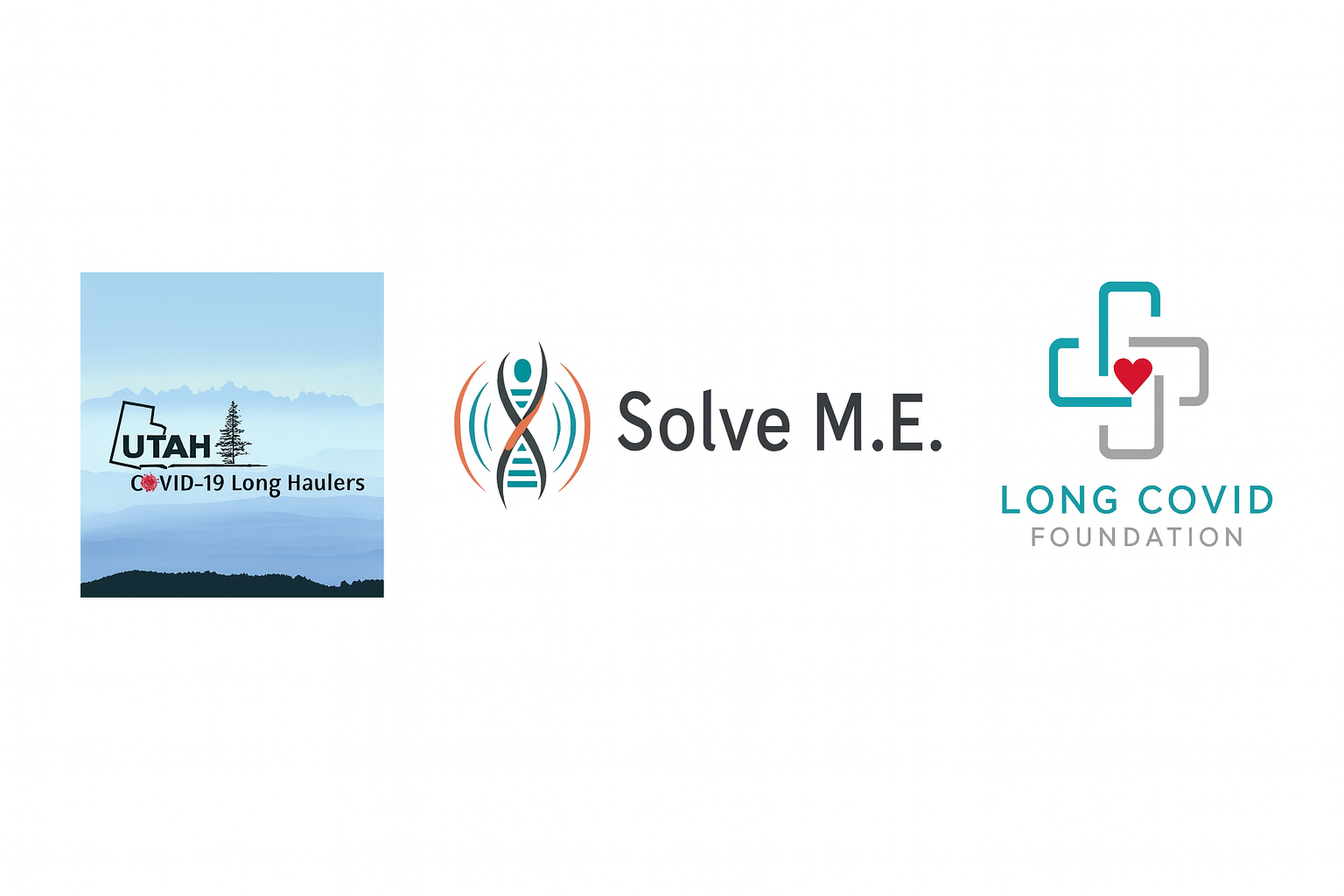Dear Participant,
Thank you for participating in the MELO clinical research study focused on ME/CFS and Long COVID. Your contribution is helping to advance urgently needed science in an area that has long lacked answers.
This week, those who returned their sample collection kits as part of this study, will receive something rare in biomedical research: a return of results. Your individual research report will appear in your Chronicle Connect account in the coming days. You'll be able to find it from the home page once available
In most studies, participants never see the data they contribute. While this report is not meant to be used for clinical care, we believe sharing what we've discovered with you is both a sign of respect and a step forward in patient-centered science.
Below you’ll find information about your report, what these results could mean for future research and diagnostics, and an invitation to submit questions to be answered in a webinar during which our team will discuss the findings of this study. If you didn’t mail back your sample, while you won’t receive a research report, we welcome you to participate in the webinar and read on to learn more about the MELO Study.
About the MELO research report
Your individual research results summary has been prepared in collaboration with PrecisionLife. The MELO Study has been funded by the Complex Disorders Alliance, a 501c(3) research organization. The study aims to identify potential biomarkers that may help explain the biological underpinnings of ME/CFS and Long COVID.
A research report is a summary of what was found in your sample as part of a scientific study. It will reflect findings identified through a research-grade algorithm developed to identify biomarkers associated with the clinical features of ME/CFS and Long COVID. These biomarkers have been associated with these syndromes in previous scientific studies. They can be used to identify factors that increase your risk and narrow down potential causes of particular symptoms.
These findings are not yet validated for diagnosis or treatment, but they provide a window into areas of biology that warrant deeper investigation. While this information may offer insights into possible biological patterns, all data is currently intended for research only. This means that none of the identified biomarkers are clinically validated and they aren’t intended for clinical management purposes.
By choosing to return these early research findings to participants, we hope to empower you to better understand the scope of what’s being studied, even if we’re still at the beginning.
What the results mean for science
The insights collected in the MELO study represent a meaningful step forward in identifying biological signatures that could lead to future diagnostic tools, treatment pathways, or patient stratification strategies.
This study is part of a larger scientific puzzle. Your data, and the data of others like you, is helping researchers map potential subtypes and shared pathways across complex chronic illnesses. Over time, these insights could enable the development of more targeted studies, improved diagnostics, new treatments, and a better understanding of why these conditions affect people so differently.
Next steps could include:
- Validation studies to confirm these findings in larger cohorts
- Further analysis to explore how biomarkers correlate with symptom patterns
- Collaboration with clinical and research partners to design diagnostic tools based on emerging insights
We know how deeply personal this is as many of you have waited years for meaningful answers. While this report is not a diagnosis, it may represent a piece of the puzzle that helps build toward one.
Your participation in this research is part of a growing shift toward better understanding, better diagnostics, and ultimately, better care. We're hopeful that this transparency can bring a sense of agency, even as the work continues.
About the organizations involved
ChronicleBio: A biotech company focused on neuroimmune disorders like ME/CFS, Long COVID, and POTS. ChronicleBio combines patient-contributed data with advanced AI to uncover the biological drivers of complex chronic conditions and accelerate research that leads to answers, diagnostics, and future treatments.
PrecisionLife: A precision medicine company focused on complex chronic conditions. PrecisionLife is committed to improving health and preventing disease by creating more personalized diagnostic tools and treatment options for people with unmet medical needs.
Complex Disorders Alliance: A patient-founded, patient-focused nonprofit committed to accelerating research into complex chronic disorders that affect multiple body systems. CODA’s mission is to connect the dots to uncover shared disease mechanisms and fast‑track breakthroughs in diagnostics and treatments.

